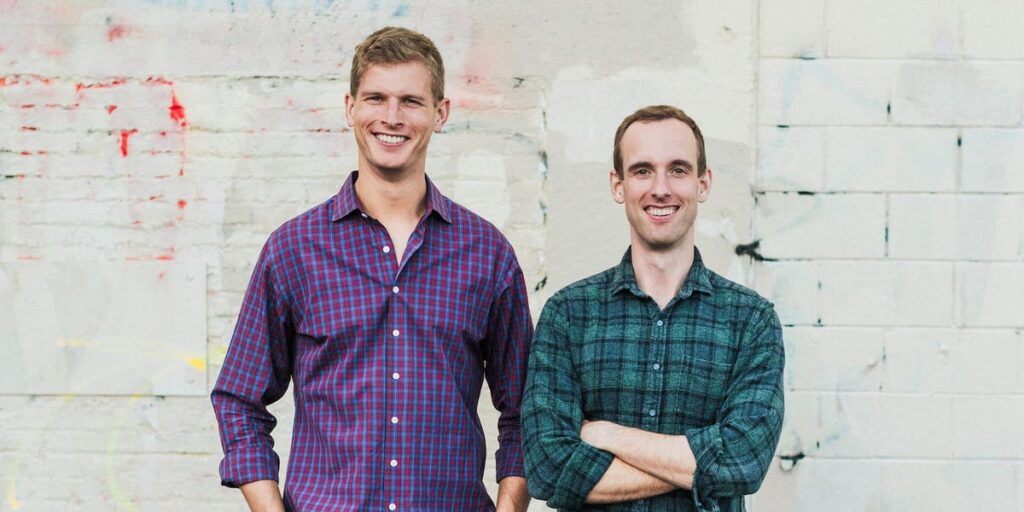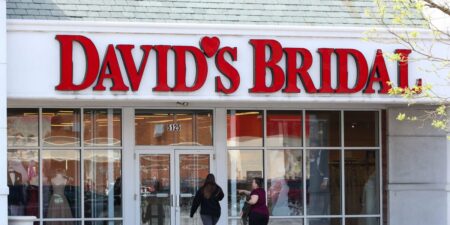Last weekend, my roommate begged me to download a new app, Claim, which gives you money to spend at popular restaurants. She promised it wasn’t a scam — and showed me the Venmo payments to prove it.
I was skeptical, so I investigated.
Claim seems pretty simple: link your credit or debit card and get presented with potential rewards at participating brands — $8 off at Sweetgreen, for example, or $10 off at Chipotle. Then, select your reward, make a purchase, and get paid back the allocated amount via Venmo. There’s a “Drop” every Thursday when you choose a new reward from personalized options.
The morning after joining, I went to the Starbucks beneath Business Insider’s New York office to test whether my $10 claim would work. A few hours after paying with my linked card, I got a Venmo notification: “Claim paid you to shop at Starbucks.”
But I still had questions. Was I about to have my credit card data stolen? Does Starbucks now know even more about me and my coffee order? I decided to talk to Sam Obletz, CEO and cofounder of Claim, to find out what the deal was.
Disrupting the advertising sector
Obletz, 33, started Claim with Tap Stephenson, his college roommate, when the two were at Harvard Business School. They launched in Harvard Square in early 2023. The app started at colleges but expanded to 10 US cities in early February.
With Claim, brands pass their marketing budgets to consumers instead of paying for an ad, Obletz said. It’s potentially a huge market: according to EMARKETER, a sister company to BI, digital advertising spending in the US surpassed $300 billion in 2024.
Obletz says Claim can help brands that struggle to understand if their ad dollars are having a tangible impact. But he said Claim needs to expand to make a dent in the digital advertising world.
“We need to be large enough at scale to eventually take on the budgets that are currently being deployed at Meta and TikTok,” he said.
Claim’s job is to get users to try new restaurants they might like based on prior spending, with the hopes of turning them into loyal customers, Obletz said. Though Obletz said the app is often compared to loyalty programs, he described it as a “customer acquisition and retention tool.”
Claim currently partners with just under 50 companies, primarily in the food and beverage industry. Obletz said the app passes 80% of money to the consumer and keeps 20%. If a user doesn’t redeem their “Drop,” he doesn’t get paid.
Less time scrolling
Obletz said that Gen Z has a “love-hate relationship” with social media. The experience of being on our phones is getting worse, he said, and people are bombarded with ads.
Unlike some social shopping apps, he said, Claim doesn’t focus on how much time users spend scrolling. “We want you to come onto the app once a week, go make plans with your friends, and go do something.”
Claim doesn’t work with third-party delivery systems, like GrubHub, but users can make online purchases and pick them up in person. Delivery only works if the brand partner has their own delivery service.
Claim won’t sell your data
The app has access to where users spend money but not their login information or card numbers. It partners with the fintech company Plaid to manage payments.
“We will never sell data. It’s not the company any of us want to build,” Obletz told me. He said that Claim tracks consumers’ spending history and uses AI models to personalize their “Drops” — I, for example, got to select my weekly reward from different options than my friends.
Obletz said the data are also helpful for brand partners. His team can show their partners aggregated data about how they compare to competitors.
“We’re often able to go into a conversation with a brand and tell them more about their customer base than they know,” he said.
Claim plans to expand
Obletz spent nearly five years at Goldman Sachs before starting Claim and said he’s “laser-focused” on profitability, just not yet. Claim isn’t making money as of now and is instead prioritizing scaling up.
At the beginning of April, Claim had more than 200,000 downloads and was growing at 35% a month, Obletz said. He’s excited about customer retention numbers: 56% of customers are still on the app 12 weeks after downloading it. According to an AppsFlyer report based on 2024 data from iOS users, shopping apps had an average 30-day retention rate of 4.6%, and social media apps of 3%
“This is something new and different in the same way that Facebook was new and different in the early 2000s,” he said. Claim has raised $20 million from venture capital firms, including Sequoia Capital.
Obletz wants to expand to more cities in the next 12 to 18 months. If he’s successful, he said much of the challenge won’t be getting users to scroll endlessly — the opposite.
“The much harder job to be done for us to get you to literally walk somewhere.”
Read the full article here
















